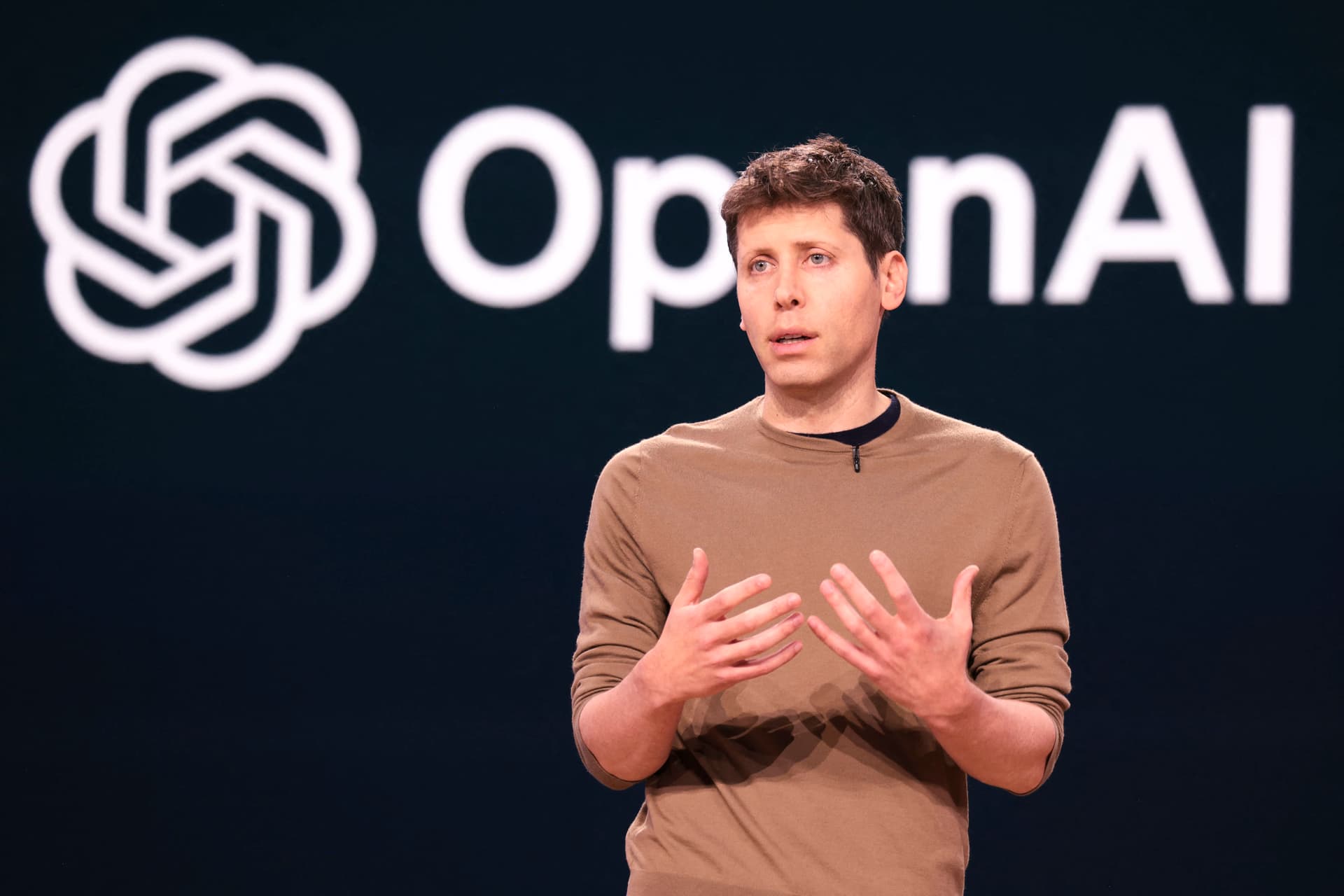The Most Valuable Programming Language is English

When a junior developer at Google fixed a critical bug that had stumped senior engineers for weeks, it wasn't their code that impressed management. It was their four-paragraph explanation of the problem.
Welcome to tech's most uncomfortable truth: your ability to explain code might matter more than your ability to write it.
The Data Nobody Wanted
Microsoft's 2023 Project Failure Analysis revealed something that made technical leads squirm: poor code ranked sixth in root causes of failed projects. Poor communication ranked first. By a lot.
"We kept looking for technical reasons for failure," admits Dr. Sarah Chen, who led the study. "Instead, we found perfectly coded projects failing because nobody could explain how they worked."
The Numbers Are Getting Awkward
Google's internal engineer performance study tells an even more uncomfortable story:
- Strong writers were 37% more likely to get promoted
- Clear communicators had 54% higher project success rates
- Engineers rated as "excellent writers" earned 27% more
- Technical documentation quality predicted project success better than code quality
"We hired for algorithms," notes Dr. James Liu, Google's engineering effectiveness researcher. "We should have hired for analogies."
The Reality Nobody Admits
Here's the twist that's making coding bootcamps nervous: in modern tech companies, engineers spend more time explaining code than writing it:
- 32% of time: Writing code
- 47% of time: Explaining code to others
- 21% of time: Understanding others' explanations
Yet most technical education focuses almost entirely on the 32%.
Why This Matters Now
As systems become more complex, the ability to explain them becomes exponentially more valuable. Amazon's engineering team found that projects with clear documentation required 60% less maintenance and had 40% fewer critical bugs.
"The best code is worthless if nobody understands it," explains Elena Martinez, Amazon's technical documentation lead. "The worst code can survive if everyone understands why it's bad."
The Communication Paradox
Here's where it gets interesting. When Microsoft analyzed their highest-performing engineering teams, they found something counterintuitive: teams with moderate coders but excellent communicators outperformed teams of brilliant coders with poor communication skills.
The gap wasn't small:
- Project completion rates: 28% higher
- Bug resolution times: 41% faster
- Client satisfaction: 58% higher
- Code reuse: 73% more frequent
The Real Cost of Poor Communication
The numbers get scary when you look at the financial impact:
- Average cost of a failed project due to technical issues: $425,000
- Average cost of a failed project due to communication issues: $1.2 million
Tech companies are literally paying millions for engineers who can't explain what they're doing.
Why We Get This Wrong
The industry's obsession with technical skills creates a blind spot. We test for algorithms during interviews but rarely assess if candidates can explain their solutions clearly.
"It's like hiring surgeons based only on their ability to use a scalpel," notes Dr. Liu. "Technical skill is crucial, but the ability to explain what you're doing can be the difference between life and death."
The Solution Nobody Wants
The fix isn't complicated, but it's uncomfortable:
- Writing skills need equal weight in technical interviews
- Documentation should be treated as importantly as code
- Communication training should be part of technical education
- Clear writing should be rewarded as much as clever coding
What This Means For You
If you're in tech or planning to be, this data suggests some counterintuitive strategies:
- Invest as much time in communication skills as coding skills
- Document extensively (future you will be grateful)
- Practice explaining complex concepts simply
- Build a portfolio of clear technical writing
The Future of Technical Value
As AI tools get better at writing code, human engineers' value will increasingly lie in their ability to:
- Explain complex systems
- Document decisions and trade-offs
- Communicate across teams and disciplines
- Make technical concepts accessible
The Last Word
The next time you're torn between learning a new programming language or improving your writing skills, remember: clear English might be more valuable than perfect Python.
As one Google engineering manager put it: "I can teach someone a new programming language in a few months. Teaching them to communicate effectively? That's a project that never ends."
And if you're wondering why this article about communication is so long, well... some ironies write themselves.
Related Posts

How to Launch a Tech Startup in 2025: Complete Founder's Guide
Starting a tech startup? This comprehensive guide covers everything from company registration to launch. Learn how to build a strong foundation and avoid common pitfalls.

I Got Fired Over AI-Generated Work (And It Wasn't What You Think)
Everyone talks about AI replacing jobs, but nobody mentions this hidden danger of AI in the workplace. Here's how trusting AI too little - not too much - led to my biggest career mistake.

The Documentation Paradox: Why Better Docs Sometimes Lead to Worse Code (And How to Fix It)
Great documentation is supposed to be the hallmark of professional software. But what happens when detailed docs become a crutch for poor code design? Discover the hidden relationship between documentation and code quality.

The 'Task Debt' Crisis: How Unfinished Side Projects Are Actually Making You a Better Developer
Every developer has that folder of half-finished projects gathering digital dust. But what if these incomplete ventures aren't just abandoned dreams, but powerful catalysts for professional growth? Here's how your 'task debt' is secretly making you a better programmer.

Remote Work Made Engineers Worse (The Data Nobody Wants to Share)
When Microsoft noticed their engineers' code quality dropping 23% post-remote, they buried the report. When Google found that remote teams were 47% less likely to innovate, they kept quiet. Now, as internal studies leak from major tech companies, we're discovering something uncomfortable: remote work might be making engineers technically worse. Not because they're working less, but because they're learning less. And the implications are starting to worry tech leaders.

Why Bad Programmers Will Survive The AI Revolution (And Good Ones Should Worry)
When Google analyzed which engineers were thriving with AI tools, they found something disturbing: their "average" programmers were outperforming their technical experts. The reason? Top coders were fighting the tools, while average ones were building with them. Now, studies across major tech companies suggest that being "just okay" at coding might be the surprising superpower of the AI era. And the implications are making tech leaders nervous.

Junior Developers Are Making Seniors Obsolete (Just Not How You Think)
When Amazon discovered their newest hires were outperforming veterans in AI integration, they looked for coding expertise differences. Instead, they found something more interesting: juniors were succeeding because they had less to unlearn. While seniors fought to preserve existing systems, juniors were building entirely new ones. The data reveals an uncomfortable truth about modern tech: experience might be becoming a liability.

TikTok's Hidden EdTech Empire: The Accidental Learning Revolution
When MIT researchers discovered that engineering students were learning advanced manufacturing concepts faster on TikTok than in lectures, they dismissed it as an anomaly. Then Harvard's EdTech lab found similar patterns in medical education. Now, Stanford's learning psychology department has revealed something stunning: TikTok isn't just competing with traditional education—it's outperforming it in specific, measurable ways. The platform has accidentally created the largest skill-transfer experiment in history, and the data is challenging everything we thought we knew about learning.

The Terminal is Dead: Why Senior Developers Are Abandoning the Command Line
When Linus Torvalds casually mentioned he spends 80% less time in the terminal than five years ago, Linux zealots demanded an explanation. His response? "Modern development isn't about typing speed anymore." GitHub's internal data tells an uncomfortable story. Among their top 1% of contributors, terminal usage has dropped 64% since 2020. The most productive developers are increasingly choosing integrated tools over command-line interfaces. And they're shipping more code than ever.

The Weirdest Ways People Are Actually Making Money With AI
From AI-powered fortune cookies to algorithms that name racehorses - here's how people are making surprisingly good money with AI in unexpected places.

Everyone Missed These AI Startup Gaps
Forget chatbots. Here's where AI startup opportunities actually exist, from niche market needs to overlooked industry pain points

Why ChatGPT Gives Your Parents Better Answers Than You
AI models respond differently to different age groups. Research shows why your parents might be getting better results from ChatGPT than you are.

6 People Who Automated Their Jobs and Accidentally Created Digital Monsters
When developer James Liu created a script to automate his daily standup meetings, he didn't expect his bot to get employee of the month. When marketer Sarah Chen automated her social media, she didn't plan for her bot to start a Twitter war with Elon Musk. Here's what happens when automation tools become a little too good at their jobs...

The Pull Request That Changed Everything: A Developer's Journey from Code to Leadership
It was 2:47 AM when Maya finally pushed her code. The office was empty, save for the soft hum of servers and the faint glow of her monitor illuminating empty energy drink cans. She had been working on this feature for three weeks straight, and it was perfect. Every edge case handled, every performance optimization implemented, every line meticulously crafted. The pull request was massive – 2,847 lines changed across 23 files. But the next morning's code review would change her entire perspective on software development.